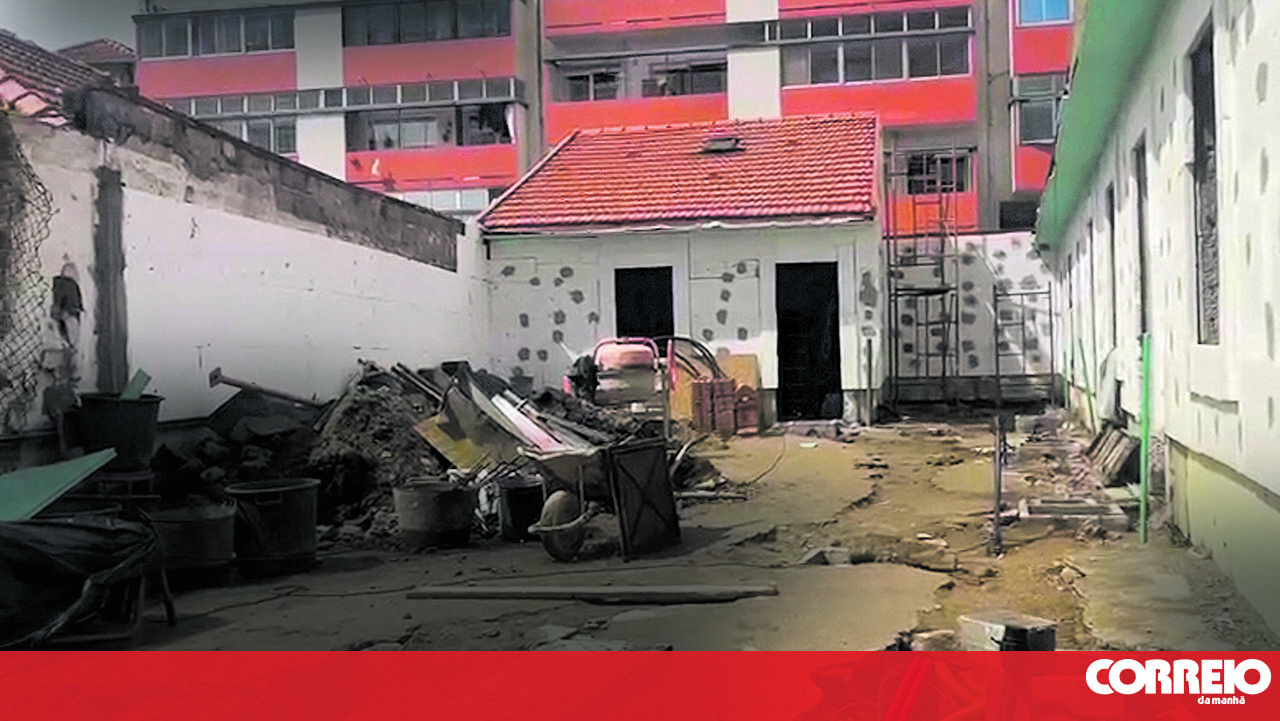Overwhelming Statistics on Adult Literacy in Portugal
A recent OECD study has revealed alarming findings regarding adult literacy in Portugal. Approximately 40% of the adult population can only comprehend simple texts and perform basic arithmetic. This positions Portugal near the bottom of the list among 31 countries, surpassing only Chile in terms of literacy skills.
In the 2023 Adult Skills Survey, which assessed competencies in literacy, numeracy, and problem-solving, Portuguese participants scored an average of 235 points in literacy, significantly lower than the OECD average. The results indicate that 15% of respondents can only understand short, simple sentences, while 27% can manage short texts and organized lists.
Low Literacy Levels
The findings highlight that 42% of the Portuguese population possesses a very low level of literacy, affecting around 6.6 million adults aged 16 to 65. Conversely, only 4% demonstrated high proficiency, capable of comprehending complex texts and utilizing prior knowledge for tasks.
In terms of numeracy, Portugal’s performance was similarly poor, with only 214 points compared to Chile's 238. Four out of ten adults struggle with basic calculations involving integers or money, and 16% can only perform simple addition and subtraction.
Problem-Solving Challenges
In problem-solving skills, 42% of Portuguese adults scored very low, only managing simple problems with minimal variables. The country received 233 points, placing it just above four other nations, including Italy and Lithuania. The report indicated that 30% of adults scored in the two lowest proficiency levels across all domains.
Growing Concern for Future Preparedness
The OECD researchers express concern over a growing number of poorly prepared individuals for the future job market. They noted that adults with higher numerical skills tend to enjoy better employment opportunities and higher salaries. Despite considerable efforts from governments to enhance adult education systems, the survey uncovers a stark and unequal landscape of skills within the population.
The study, conducted between 2022 and 2023, involved 160,000 adults across 31 countries, representing a total of 673 million individuals. This report underscores the urgent need for educational reforms to address these significant skill gaps in Portugal.
















Comments
Join Our Community
Sign up to share your thoughts, engage with others, and become part of our growing community.
No comments yet
Be the first to share your thoughts and start the conversation!